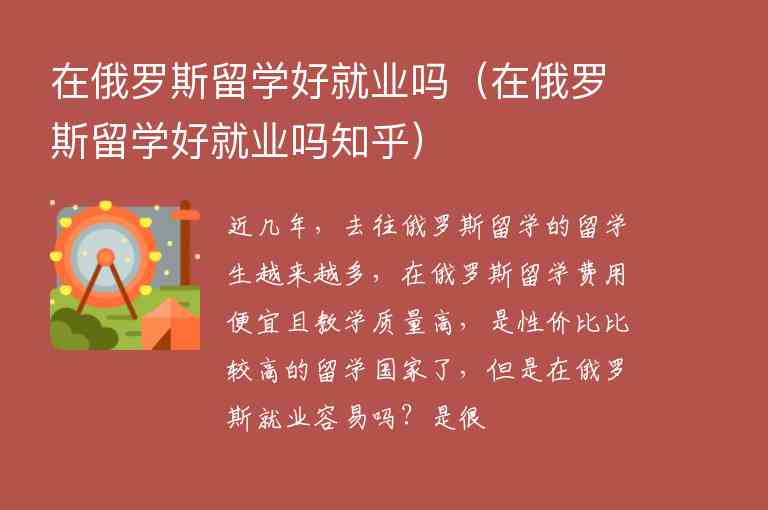一:inconvenience是什么意思?用法、例句的意思
inconvenience是一个名词,意为“不便、麻烦”,指某件事情或情况给人带来的不方便或困扰。它也可以作为动词,意为“使不便、给人添麻烦”。
二:怎么读(音标)
inconvenience的音标为 /ˌɪnkənˈviːniəns/。
三:用法
1. 作为名词时,常用于表示某种程度的不便或困扰,通常与介词“to”连用,表示受到影响的对象。
:
- I apologize for any inconvenience caused to you.(对于给您带来的任何不便我深表歉意。)
- The road construction has caused a lot of inconvenience to the residents.(道路施工给居民们带来了很多不便。)
2. 作为动词时,常用于表示给人带来麻烦或困扰,通常与介词“with”连用,表示受到影响的对象。
:
- Can I borrow your phone? I don't want to inconvenience you with my own.(我可以借用你的手机吗?我不想给你添麻烦。)
- I hope my request doesn't inconvenience you too much.(我希望我的请求不会给您带来太多的麻烦。)
四:例句1-5句且中英对照
1. The sudden power outage caused a lot of inconvenience to the whole neighborhood.
(突然的停电给整个社区带来了很多不便。)
2. We apologize for any inconvenience this may have caused you.
(对于给您带来的任何不便,我们深表歉意。)
3. I don't want to inconvenience you, but could you please help me carry this heavy box?
(我不想给你添麻烦,但是你能帮我搬一下这个重箱子吗?)
4. The road closure has been a major inconvenience for commuters.
(道路封闭对通勤者来说是一个很大的不便。)
5. I don't want to inconvenience you with my problems, but I really need someone to talk to.
(我不想因为我的问题给你添麻烦,但是我真的需要有人倾听。)
五:同义词及用法
1. trouble:作为名词时,意为“麻烦、困难”,作为动词时,意为“使麻烦、使困难”。
2. difficulty:作为名词时,意为“困难、难题”,常用于指某件事情做起来有困难。
3. bother:作为名词时,意为“麻烦、困难”,作为动词时,意为“打扰、给人添麻烦”。
4. inconvenience的近义词还有:annoyance、discomfort、disturbance等。
六:编辑总结
inconvenience是一个常用的名词,意为“不便、麻烦”,也可以作为动词使用。它常用于表示某种程度的不便或困扰,也可以指给人带来麻烦或困扰。在使用时,通常与介词to或with连用,表示受到影响的对象。除了inconvenience外,还有一些近义词可以替换使用。

